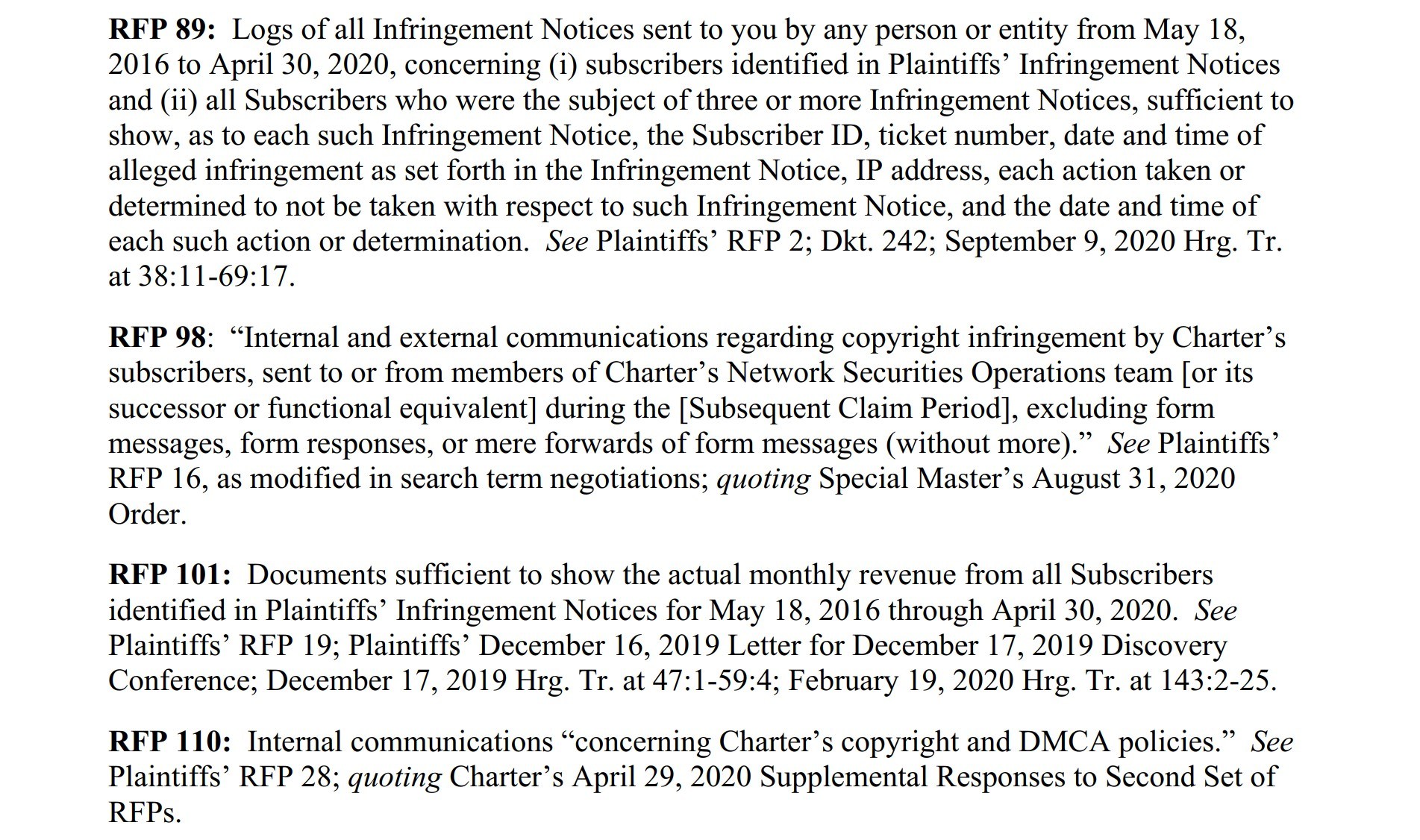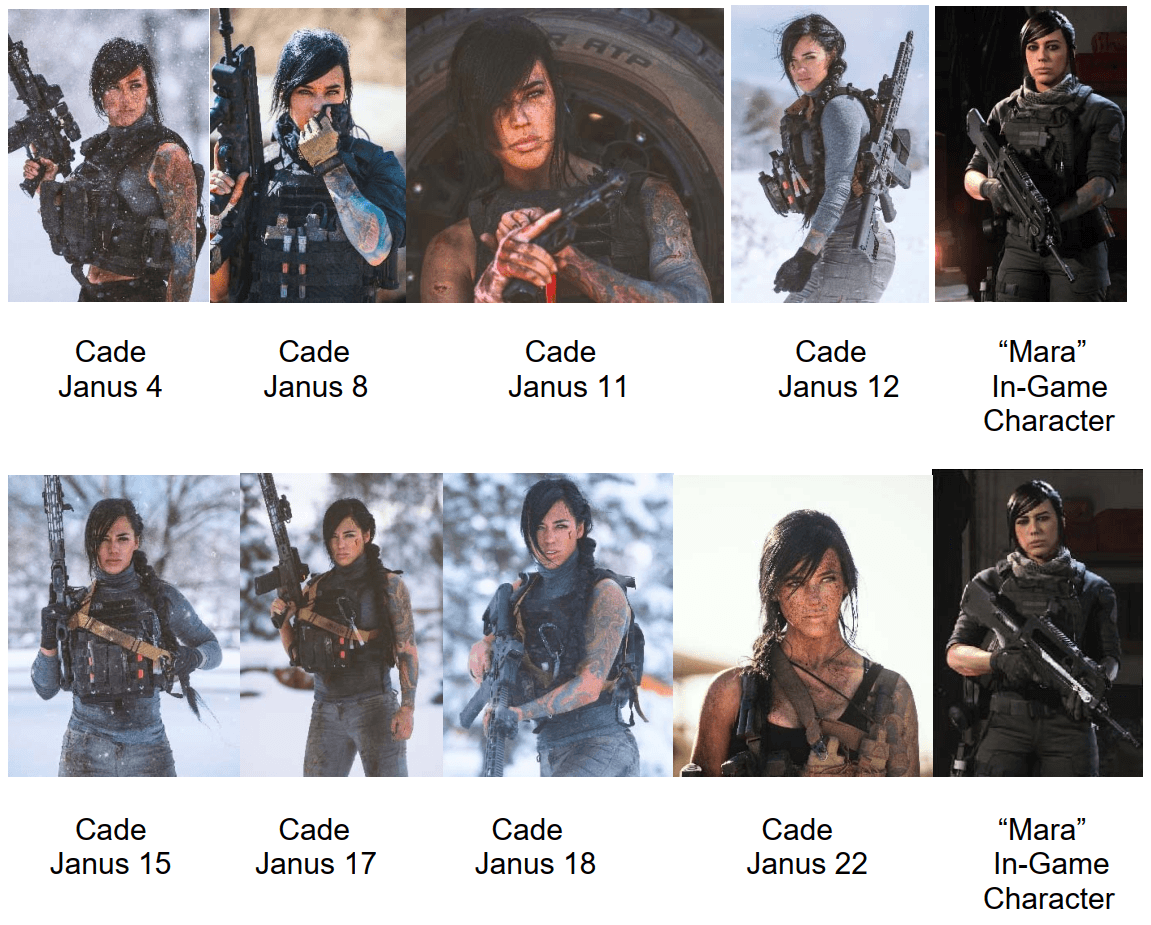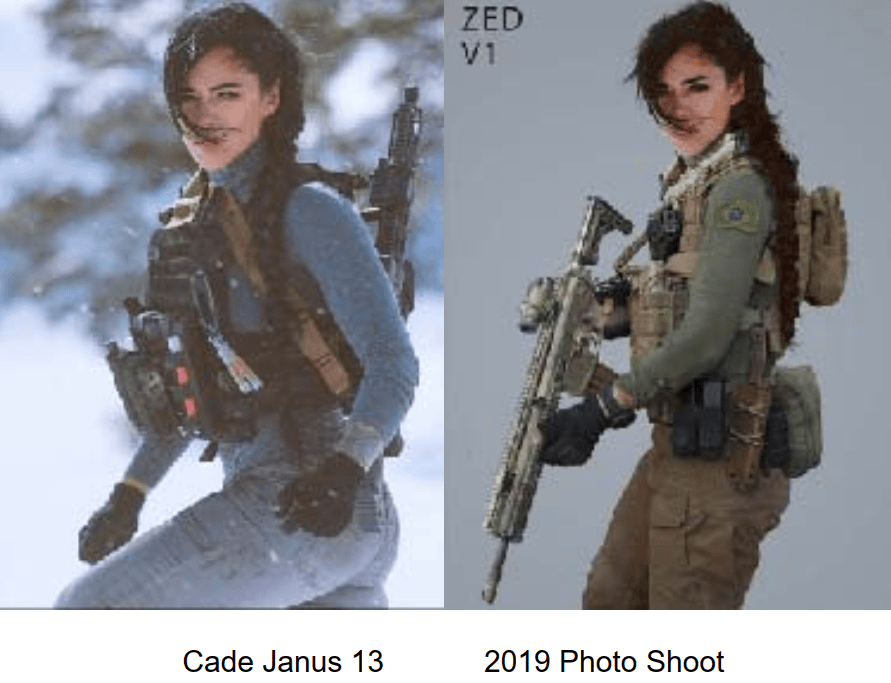-
chevron_right
Florida Judge Keeps Questioning Copyright Troll’s IP-address Evidence
Ernesto Van der Sar · news.movim.eu / TorrentFreak · Friday, 26 February, 2021 - 21:14 · 3 minutes
 Over the past three years, adult entertainment company Strike 3 Holdings has filed thousands of cases in US federal courts.
Over the past three years, adult entertainment company Strike 3 Holdings has filed thousands of cases in US federal courts.
These lawsuits target people whose Internet connections were allegedly used to download and share copyright-infringing content via BitTorrent.
While many of these cases resulted in private settlements, Strike 3 has also experienced some setbacks in court. For example, not all judges are convinced that an IP-address is sufficient evidence for a viable case.
The Court as an ATM
Others are even more outspoken. A few years ago, US District Court Judge Royce Lamberth accused Strike 3 of being a known “copyright troll” that was using his court “ as an ATM .” The company flooded the court with lawsuits “smacking of extortion”, he added.
Strike 3 Holdings sees things differently. And while a few judges are clearly upset with these targets, there are many who still play along. This allowed the company to collect millions of dollars in settlements over the years.
Even judges in the same District Court can handle these cases differently, which brings us to the topic at hand today.
The Southern District of Florida is one of the courts where Strike 3 is active. Over the last year, it filed roughly a dozen cases, and most judges signed off on a subpoena request. This is crucial, as it allows the company to ask ISPs for the personal information of subscribers.
Geolocation and IP-address Doubts
Not all judges are easy to convince though. District Court Judge Ursula Ungaro is particularly critical. Simply put, she doesn’t believe that the geolocation tools, which link IP-addresses to her district, are 100% accurate.
“Plaintiff’s assertions as to Defendant’s residency therefore seem to be in large part based upon the assumption that the geographic data results of IP address geolocation are valid and accurate,” she writes in a recent order.
“This strikes the Court as possibly problematic after reviewing technical literature which suggests otherwise,” Judge Ungaro adds.
The Internet doesn’t have an inherent mechanism to link IP-addresses to specific locations, the order adds, linking to research and various articles on the topic.
An IP-address Isn’t Enough
If Strike 3 wants to continues its case, it will have to come up with more conclusive evidence to show that the IP-address is linked to the Florida district. Not just that, but Strike 3 also has to provide evidence that shows that this IP-address is linked to a specific person
“Additionally, this Court recognizes that IP addresses are assigned to nodes connected to the Internet, but are not necessarily representative of individual end-node/end-system devices, and especially are not representative of individual people,” Judge Ungaro notes.
“This Court therefore requires that Plaintiff show that due diligence, as well as due care, have been employed in ascertaining that the IP address associated with the alleged tortfeasor is or was assigned to a system or node that can be used to reasonably calculate the identity of the alleged infringing party.”
Rinse and Repeat
Regular readers may recall that the “IP-address is not a person” argument has been brought up in the past. In fact, Judge Ungaro highlighted this last year in a similar order, also directed at Strike 3 Holdings.
While this may seem like a major stumbling block for the adult content producer, the reality is a bit different. When Judge Ursula issued her motion last year, Strike 3 simply dropped the case and moved on to the next . It wouldn’t be a surprise if we see that happening here as well.
Pragmatically speaking, it’s easier for the company to drop the case and file a new one, hoping for a ‘friendlier’ judge. That paid off after Judge Ungaro’s order last year, and it will likely work again. Rinse and repeat.
Or other words, if the ATM is not working, just try the one next door.
—
The motion to show cause, issued by Judge Ursula Ungaro, is available here (pdf)
From: TF , for the latest news on copyright battles, piracy and more.


 In 2019, a U.S. District Court in Minnesota
In 2019, a U.S. District Court in Minnesota 
 CDN provider Cloudflare is one of the leading Internet companies, providing services to millions of customers large and small.
CDN provider Cloudflare is one of the leading Internet companies, providing services to millions of customers large and small.

 Internet provider Charter Communications is one of several companies being
Internet provider Charter Communications is one of several companies being 



 YTS is one of the most popular torrent sites, serving millions of users per day.
YTS is one of the most popular torrent sites, serving millions of users per day.
